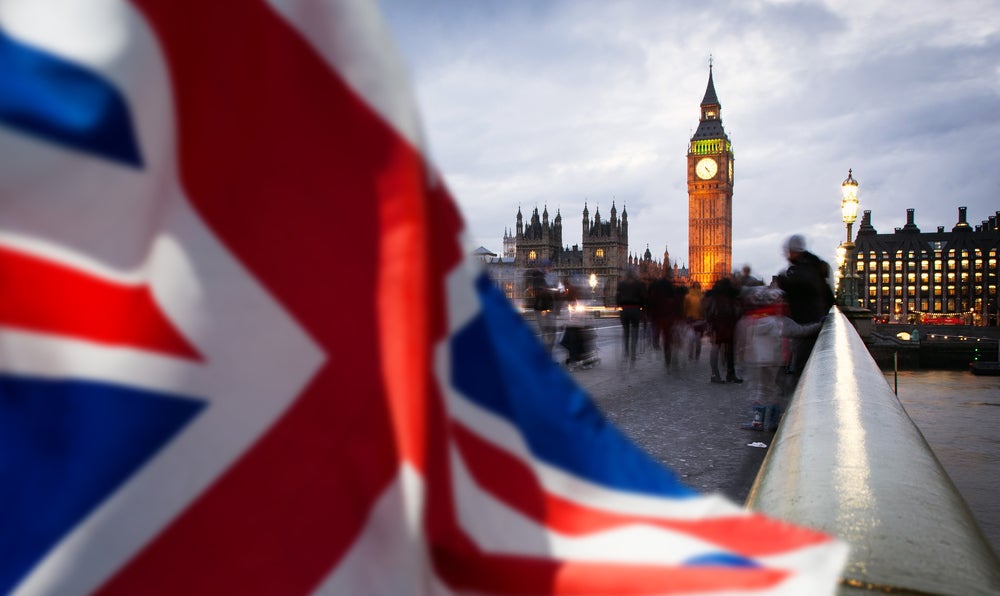
The prospect of a No Deal Brexit is looking extremely unlikely, according to UK private bank Coutts, saying that the most likely scenario is some version of Theresa May’s deal being agreed.
Coutts’ head of multi-asset invesments, Alan Higgins, proposes “four impossible scenarios, and we know one has to happen.”
- A version of Theresa May’s Withdrawal Agreement
- No Deal
- A second referendum
- Something close to the Norway model
Higgins notes that anything close to Theresa May’s Withdrawal Agreement seems impossible on account of being rejected to the tune of 230 votes, but a majority in the Commons is also strongly opposed to a No Deal.
The Conservative party, the largest in the House, is against a second referendum, while a Norway-style deal similarly does not hold sufficient support.
“Quite bizarrely, one of these has to happen,” Higgins says. “Even if we delay Article 50 to June or July, those impossible scenarios still exist.”
Multi-asset investment manager at Coutts, Monique Wong, adds that a delay of Article 50 is unlikely. “You actually have to go and ask permission from the EU, and they would only delay if you have something on the table.”
How well do you really know your competitors?
Access the most comprehensive Company Profiles on the market, powered by GlobalData. Save hours of research. Gain competitive edge.

Thank you!
Your download email will arrive shortly
Not ready to buy yet? Download a free sample
We are confident about the unique quality of our Company Profiles. However, we want you to make the most beneficial decision for your business, so we offer a free sample that you can download by submitting the below form
By GlobalDataCoutts’ consensus is towards the first option, Higgins adding that the probability of No Deal is low. Lord Waldegrave, chairman of Coutts and life peer in the House of Lords, puts the possibility at circa five to 10%.”
This is a view shared by other major private banks including JP Morgan and UBS.
“At RBS Group level, [CEO] Ross McEwan’s come out and said No Deal would be very negative indeed for the UK, and at Coutts we agree,” Higgins says.
“It’s still a risk. It could happen, of course it could.”
Of this possibility, Wong adds, “Markets don’t like uncertainty. As a company, if you do not know what the scenario is going to be, you have to divert resources to having Plan A, B, C, D, E, F until Z.
“Once you know what the outcome is going to be – good or bad – you get back to business.”







